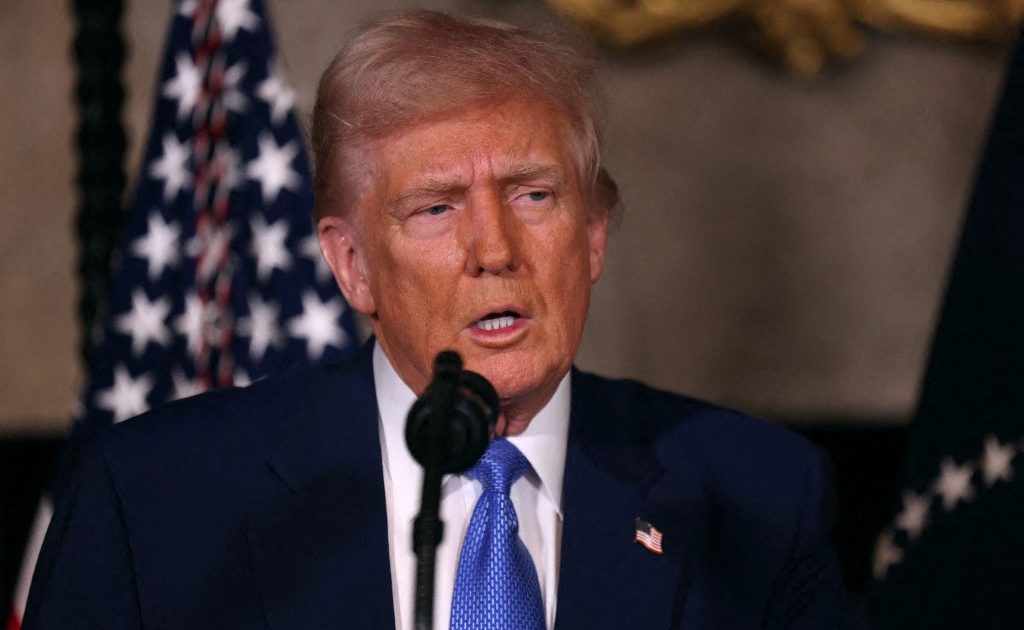The global economic landscape recently experienced a momentary sigh of relief as a 90-day truce was called in the escalating trade war initiated by the United States. This temporary cessation of hostilities, primarily focused on tariffs, offered a window of opportunity for reasoned dialogue and negotiation between the involved nations. While the exact ramifications of the initial tariffs remain a subject of debate, experts concur that Nigeria, despite the reprieve, remains acutely vulnerable to the potential resurgence of global economic headwinds should the trade dispute reignite after the 90-day period. The pause, therefore, presents a crucial, albeit limited, time frame for proactive measures and diplomatic engagements to mitigate the potential negative impacts on the Nigerian economy.
The 90-day pause is viewed by many analysts as a chance to de-escalate the situation and seek common ground. It provides a platform for negotiation and a potential pathway to resolving the underlying issues driving the trade war. However, the underlying tension and the possibility of a resumption of hostilities after the pause create significant uncertainty. This uncertainty poses a considerable threat to the global economy, with experts warning of a potential global recession if the trade war resumes. Such a recession would inevitably impact Nigeria, potentially leading to decreased government revenue and increased borrowing, further exacerbating the nation’s economic challenges. Therefore, the 90-day period is not merely a respite, but a critical period for finding lasting solutions.
Nigeria’s vulnerability to the global economic fallout of a prolonged trade war stems partly from its dependence on oil revenue. With the current global oil prices fluctuating in the $60s per barrel, significantly lower than Nigeria’s budgetary projection of $70, the nation faces a potential revenue shortfall. This precarious position is further compounded by the trade war’s influence on global asset classes and the resulting depressed oil prices. The confluence of these factors could necessitate increased borrowing by Nigeria to cushion the impact of the global economic challenges, placing further strain on the nation’s finances. The uncertainty surrounding the trade war and its potential to trigger a full-blown global recession adds another layer of complexity to Nigeria’s economic outlook.
Experts have voiced concerns about Nigeria’s capacity to effectively respond to escalating tariffs, particularly compared to other nations. Unlike economically and militarily stronger countries, Nigeria lacks the leverage to retaliate against the US or engage in a trade war. Negotiation and diplomatic engagement are presented as the most viable options for Nigeria in this situation. Seeking a reduction in tariffs through diplomatic channels is considered a crucial strategy for mitigating the negative impact on the Nigerian economy. This underscores the importance of leveraging the 90-day pause to engage in proactive dialogue and seek mutually beneficial solutions.
The temporary halt in the trade war, while providing a much-needed breathing room, offers no guarantee of a long-term solution. The underlying economic vulnerabilities remain, and the potential for a resurgence of the trade dispute looms large. The Nigerian government has expressed its commitment to dialogue and engagement with US counterparts and the World Trade Organization (WTO) to navigate the evolving trade dynamics and seek mutually beneficial outcomes. This proactive approach is crucial in mitigating the potential negative consequences for the Nigerian economy. The situation calls for a pragmatic approach focused on fostering cooperation and finding common ground.
The International Monetary Fund (IMF) is already preparing for increased funding requests from African nations grappling with the fallout of the trade war and the sweeping tariffs. This highlights the widespread impact of the trade dispute and the potential for significant economic disruption, particularly in developing economies. As Nigeria navigates this complex landscape, leveraging the 90-day pause for constructive dialogue and proactively seeking diplomatic solutions will be paramount in mitigating the potential negative impacts and ensuring economic stability. The temporary ceasefire represents a crucial opportunity to avert a more severe economic downturn and foster a more stable global trade environment.


